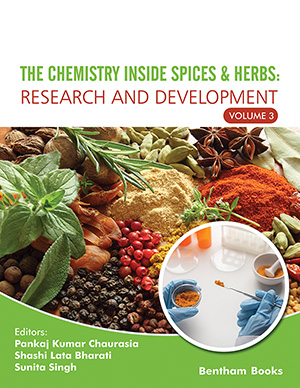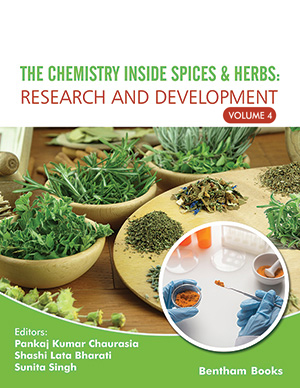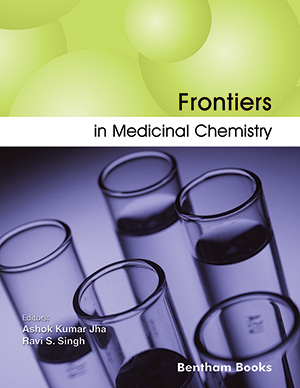Abstract
The angiotensin-converting enzyme-2 (ACE-2) alters the pathophysiology of various fatal cardiovascular diseases, including ischemic heart disease, whereas angiotensin 1-7 (Ang 1–7) exerts a wide range of actions. The effects of ischemia-reperfusion (IR) injury include damage to myocardial tissue that initiates protease action, causing cardiac cell death. Angiotensin- II (Ang-II) contributes through the renin-angiotensin system (RAS) to the IR injury, whereas Ang 1–7 paradoxically exerts a protective effect through the same. Thus, the myocardial ischemic reperfusion injury (MIRI) may be altered by the RAS of the heart. This review paper focuses on ACE-2, angiotensin-converting enzyme (ACE), and Ang 1–7 regulation in the RAS of the heart in the pathophysiology of MIRI. The treatment in such conditions using ACE-2 activator, ACE inhibitor, and Ang-II antagonists may promote vascular functions as well as cardio- protection.
Keywords: Heart; Rennin angiotensin system, Myocardial ischemia-reperfusion injury, ACE-2 Activator, ACE inhibitor, Angiotensin-II antagonist.




























